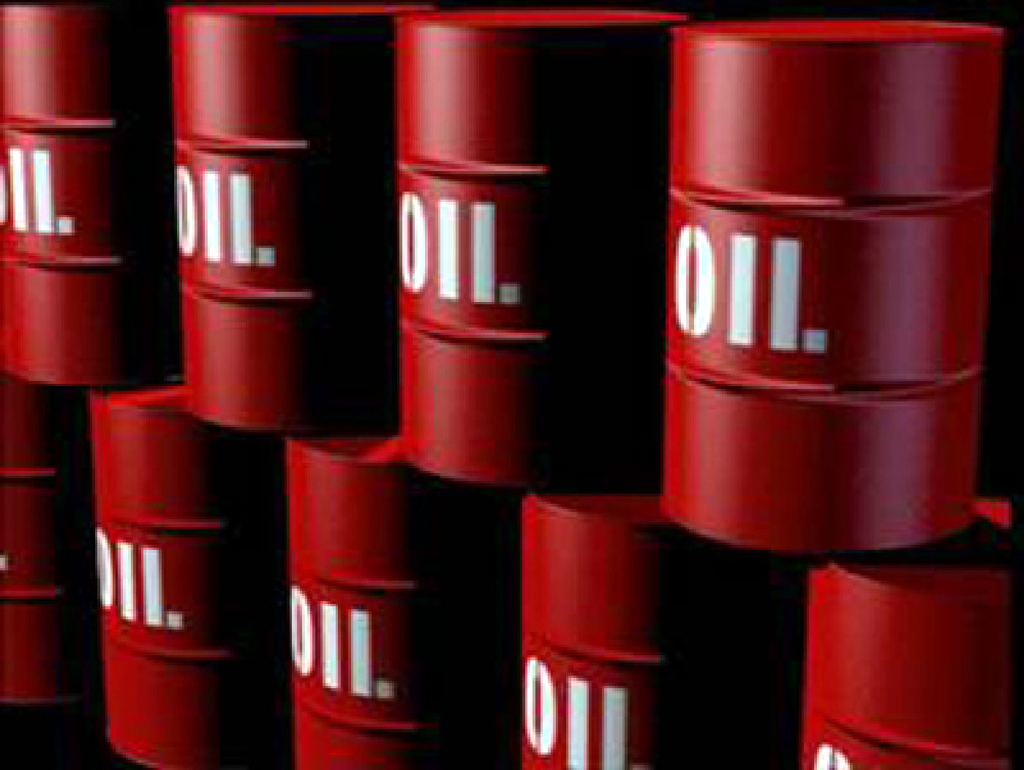Oil traders to Saudi Arabia: ‘show us the barrels’

LONDON: "The United States, Saudi Arabia and the United Arab Emirates ... are committed to ensuring that global oil markets remain adequately supplied," the White House said in a press statement issued on Monday.
"Oil markets are well-supplied and oil inventory levels are seasonally strong," the US State Department wrote in an accompanying briefing note explaining the rationale for eliminating sanctions waivers for buyers of Iranian oil.
"We have commitments from oil-producing countries, including the kingdom of Saudi Arabia and the United Arab Emirates, to increase oil production to offset reductions in Iranian oil exports," the department announced.
The department observed that oil stocks in OECD countries remain above the five-year average while US oil production and exports are increasing.
"Other major producers have signalled to markets a willingness and ability to increase production to compensate for additional Iranian reductions," the department added.
The decision to eliminate all remaining sanctions waivers for Iran's oil buyers follows a round of top-level diplomatic contacts between the White House and leaders of Saudi Arabia and the United Arab Emirates.
Tougher sanctions are likely contingent on a US understanding that Saudi Arabia and the United Arab Emirates will make up lost Iranian barrels at least one-for-one to keep prices steady.
Senior US policymakers have been anxious to stress tougher sanctions will not reduce the availability of crude or lead to higher crude costs and increased fuel prices for motorists.
Oil traders, however, think differently. Tougher sanctions are seen reducing oil supplies during the second half of the year, leaving the market under-supplied, inventories falling, and prices likely rising.
Brent's six-month calendar spread has jumped to a backwardation of more than $3 per barrel, up from less than $2.50 before the announcement and just $1.20 a month ago (https://tmsnrt.rs/2ID8R9J).
Brent's calendar spread has been the best signal for changes in the production-balance since the late 1990s, alternating between backwardation and contango as the market cycles between under- and over-supply.
Brent's backwardation is now at the highest level since March-April 2018 (when Iran sanctions were also high on the agenda) and before that June 2014 (when Libya's production was interrupted by civil war and Islamist fighters were racing across northern Iraq).
The calendar spread is now in the 88th percentile for all trading days since 1990, indicating traders expect the market to be significantly under-supplied in the second half of the year.
The increasing backwardation in Brent signalled many traders expected the market to be under-supplied in the second half of the year before sanctions were abruptly tightened.
Even before the sanctions announcement, hedge funds and other money managers had bought more than 550 million barrels of extra crude and fuels futures and options in the last 14 weeks expecting higher prices.
Bullish bets on a further rise in Brent prices outnumbered bearish ones on a fall by a ratio of almost 13:1 last week up from just 2:1 in December.
Traders have reached a very different judgment about the outlook for oil supplies, inventories and prices in the second half of 2019 to advisers at the State Department or in Saudi Arabia and its allies.
Oil traders appear sceptical Saudi Arabia and the United Arab Emirates will offset the reduction in Iran's exports fully without a further increase in prices first, notwithstanding their understandings with the White House.
Traders will likely continue pushing Brent spot prices and spreads higher until Saudi Arabia and the United Arab Emirates make a firmer commitment to boost their production and show the market extra barrels, or the White House increases pressure on them to do so.
























Comments
Comments are closed.